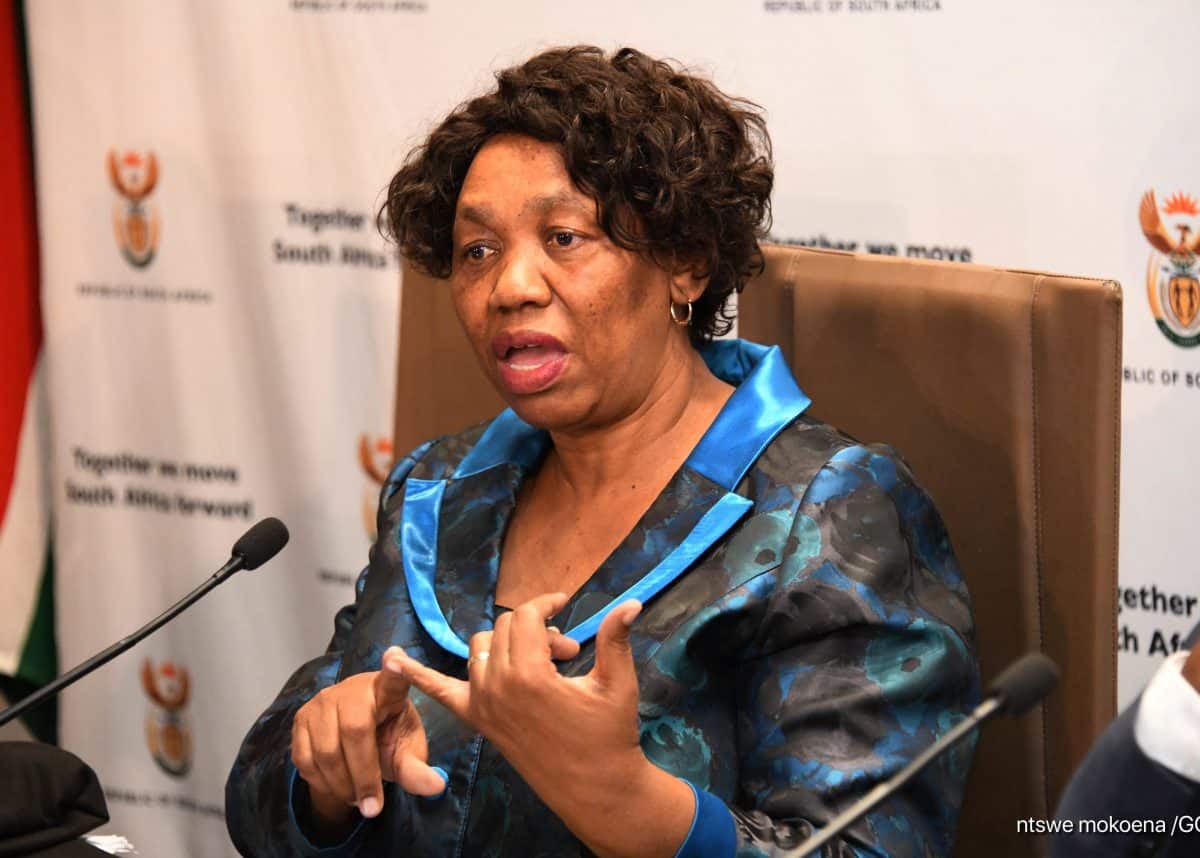How to open pre-primary schools in a pandemic
The age-old adage, if you can’t beat them, confuse them, applies, and predictably once the dust of confusion settles, responses will be ready for the tragic result of opening schools prior to the expected peak of infections.

Basic Education Minister Angie Motshekga.
So here we are, South Africa is up there as having one of the ten highest active cases of Covid-19 infections in the world currently, though you won’t hear about that because the focus is conveniently placed on total cases without considering global recoveries.
Fortunately, we have an impressively low number of deaths comparatively but we keep being warned that the worst is yet to come.
And therefore now would be the perfect time to open schools right? Who knows? It has to happen sometime and waiting another few months could be just as devastating. Spare a thought for the officials who have to make the call, though.
Fortunately for them, their bumbling about might work in their favour as they explain any tragic consequences, but let’s unpack what has unfolded and try not to pretend that you’re the administrator of a school in this daunting process…
First, schools reopened for Grade 12s and 7s. Seemed like a gradual step until a couple of outbreaks occurred but still, proportionally, they managed to keep the numbers low. In early June however, direction was given that Early Childhood Development (ECD) would return on 6 July 2020 with some other grades. Later, another gazette which stipulated and defined elements of ECD to be opened followed, followed by another with withdrew the definition and allowance of ECD, followed by a letter from the minister explaining that those which have already begun may continue followed by some obscure direction from the MEC of education in KZN that attempts to undo the undo.
Aside from the anxiety provoked in every ECD teacher who would have to communicate to parents within the space of a week and the parents themselves, with nobody knowing what’s going on, it’s no surprise that people are bleak with the department of education… or is it the department of social development? Confusion reigns over the average parent and everybody is simply left to try figure things out for themselves with the government pumping mixed signals into the void of uncertainty.
With this setup, it is no surprise that the level of preparedness may not be where it needs to be but taking definitive action is not an appealing situation to be in when none of the options seems like they will have happy outcomes.
It turns out though, that civil society will always find an opportunity to go court and when government flip-flopped and dawdled, go to court they did… and the court was not pleased. In last week’s scathing judgment, Judge Fabricius had a lot to say about the government’s conduct and it seems like it’s played perfectly into not only the government’s hands, but those of all involved.
Understand that before this, the government was indecisive and making a decision would be a bad political idea, Solidarity was an interest group that was perceived to have certain interests and pre-primary schools had no idea what was going on whether they could open or not.
In a matter of hours, the decision was made by the court so if it turns out to be a bad one, the government can blame the court, Solidarity found themselves in the unusual situation where they had support on black twitter and pre-primary schools have certainty as to their position. It all seems like a win-win…
Maybe it is silly to expect rational decisive action from this government as addresses to the nation get blander and less frequent and the seemingly Russian Roulette approach of setting regulation is increasingly worrying.
At the end of the day, after all the anxiety and stress among school administrators, the fabric of South Africa’s framework and those who don it seemed to do some awkward dance that had a positive eventual result to the benefit of all.
I don’t know how we’ve managed this but somewhere, something is going right that we’ve managed to keep our deaths comparatively low. Here’s to hoping it holds out.

Richard Anthony Chemaly entertainment attorney, radio broadcaster and lecturer of communication ethics.
For more news your way, download The Citizen’s app for iOS and Android.
For more news your way
Download our app and read this and other great stories on the move. Available for Android and iOS.









